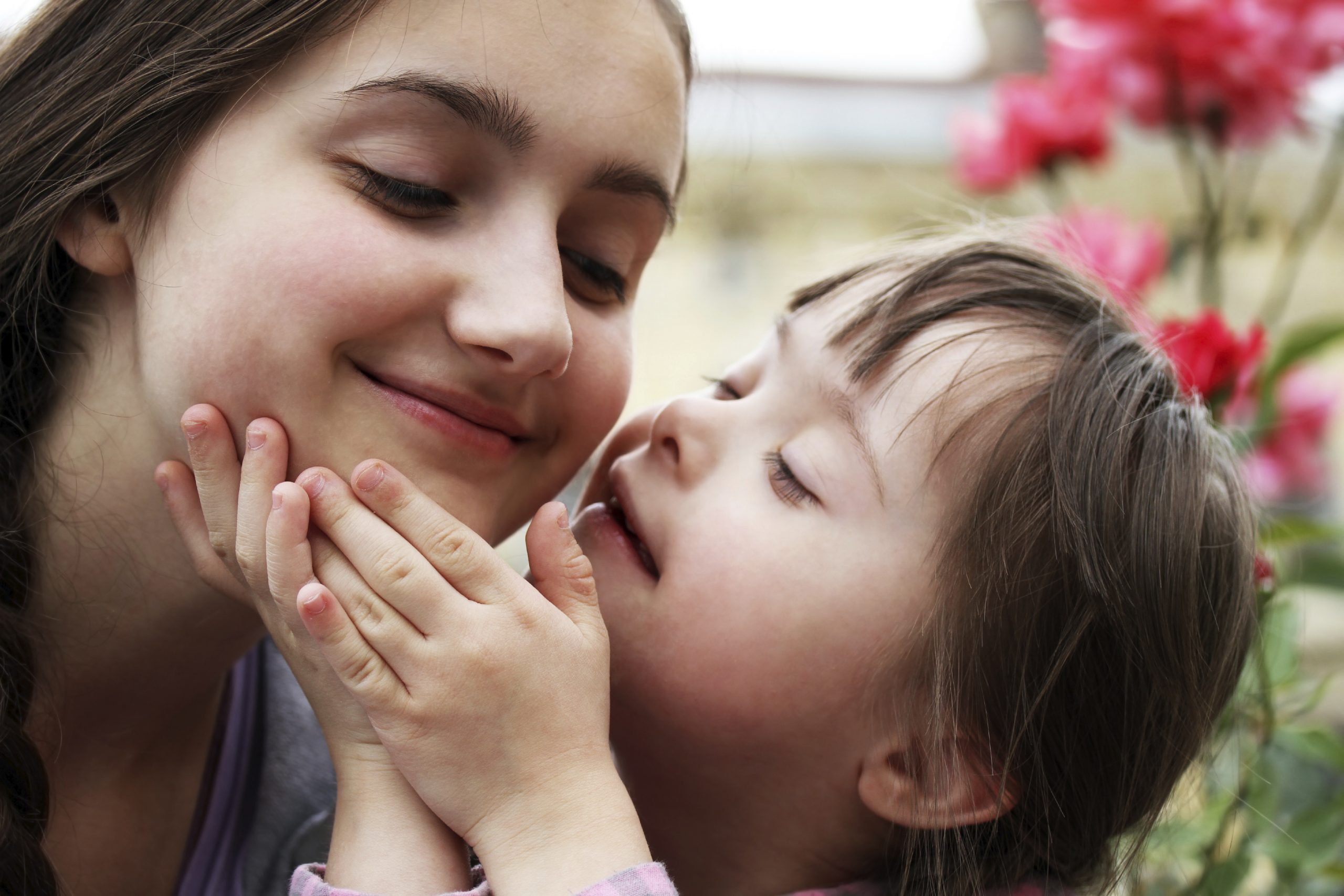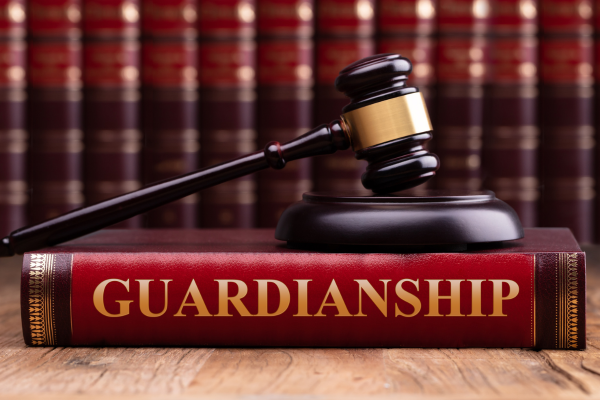Elder law attorneys may specialize in estate planning, incapacity planning, and end-of-life care for seniors.…

How to become a Guardian of a Minor
When considering how to manage the property and/or well being of a person who is a minor, or who may be considered disabled, the need to be appointed a guardian for that person often becomes part of the conversation.
In New York State there are three types of guardianship proceedings whereby a guardian can be appointed. The three guardianship proceedings are as follows:
- Surrogate’s Court Procedure Act (SCPA) Article 17 – Guardianship of a Minor Child
- SCPA Article 17-A – Guardianship of an Adult with Developmental and/or Intellectual Disabilities
- Mental Hygiene Law Article 81 – Guardianship of an Incapacitated Adult
Although each type of guardianship proceeding is authorized by its own law, all three allow for the appointment of a guardian of the person only, a guardian of the property only, or the guardian of the person and property.
Since they are all authorized and guided by separate laws, the process by which a guardian is appointed in each of the types of guardianships will be different.
This blog post will focus on how to become a guardian of a minor child.
When is a guardian of a minor child needed?
Before discussing how to become a guardian, it is helpful to understand when a guardian of a minor child is needed. A legal guardian for a minor child has the same power as a parent to make decisions for the child. A minor child is any person who is 17 years old or younger and not married or in military service.
A minor child may need a legal guardian if the parent is unavailable for any reason. For instance, a legal guardian may need to be appointed to manage the property or personal well-being for a minor child if the parent dies or is too sick to take care of the child and can’t make decisions for the child anymore.
The guardian of the person will be able to make decisions regarding the health, education, social interactions, and living situation for the minor child.
If a child receives assets of $10,000 or more in value for any reason (e.g. as an inheritance, settlement of lawsuit, etc.) then a guardian of the minor child must be appointed to manage his/her property. The guardian of the property is charged with safeguarding the money until the child turns 18 years old. The funds are jointly controlled by the Court and the guardian and no money can be taken out without a court order.
The Process
A SCPA 17 Guardianship proceeding can be started by filing paperwork known as a “Petition for Appointment of Guardian” in the county where the minor child lives. This paperwork can be filed in either Surrogate’s Court or the Family Court. Both Surrogate’s Court and Family Court can appoint a guardian of the person for a child.
However, if there is a need for a guardian of the property to be appointed for the minor child, then the petition must be filed in Surrogate’s Court. In either case, the Judge officially appoints someone to be a guardian with a court order called “Letters of Guardianship,” which specifies the type of guardianship and grants authority to the guardian.
Before a legal guardian is appointed for a child, both parents and any child over 14 years old and who is not mentally, physically, or developmentally disabled must give consent. The Court will consider the minor child’s preferences in the guardianship proceeding. Despite the preferences of the child, the Judge has the authority to appoint a guardian even if the parent or child does not give permission or even disagrees with the guardianship.
A guardian can also be named by the parents or legal guardian of a child in a Will. This person becomes the legal guardian only after the parent dies and the Surrogate’s Court approves the person to be a guardian. It is advisable that all parents who have minor children should have the appropriate Guardianship designations included in their Last Will and Testament and should review their Wills with an estate planning attorney every few years or when a major life event occurs (move to another state, death, birth, divorce, etc.).
Standby Guardian
If a parent is sick and will not be able to take care of or make decisions for a child in the future, that parent can name a “Standby Guardian.” The standby guardian can be a guardian of the person, a guardian of the property, or both, and will have the same powers as a guardian. However, the standby guardianship will not begin until the parent says it will. For example, the parent may specify that the standby guardianship starts when the parent dies or becomes too sick to take of the children. A standby guardian can be appointed by the Court or by written designation and can terminate upon the occurrence of a certain event stated in the designation or upon a decree issued by the court.
It is strongly recommended to speak with an experienced estate planning attorney about establishing a Designation of Standby Guardian for your minor children in addition to a Last Will and Testament that includes the appropriate guardianship designations. The Designation of Standby Guardian will help ensure that there is a trusted family member or friend who can have the necessary legal authority over the minor child from the date of incapacity or death of the parent until the court can appoint a permanent guardian.




This Post Has 0 Comments